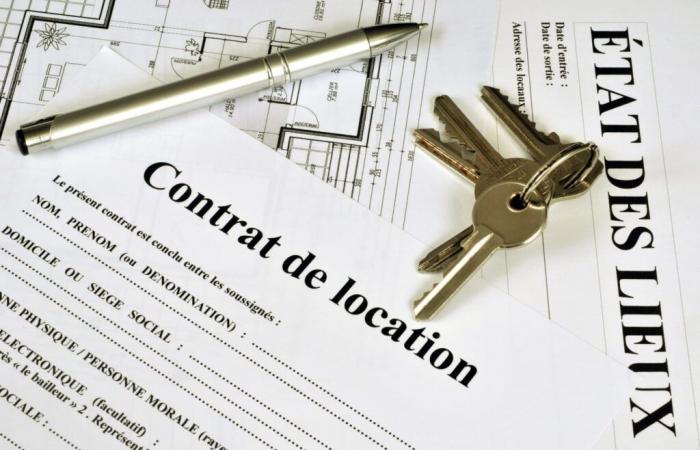
Whatever the responsibilities of each person, the relationship between tenants and owners is not always simple. Here's why the situation will get worse from January 1 and why 2025 should see the number of rental disputes explode.
Currently, a significant part of the French real estate stock is classified as inefficient in terms of energy. The owners of these properties find themselves in a delicate situation: either they invest in costly renovation work, or they take the risk of losing their right to rent.
Indeed, from January 1, new legislation will come into force, prohibiting the rental of housing classified in the lowest categories in terms of energy performance. This decision could lead to a massive withdrawal of housing from the rental market. For many homeowners, the cost of necessary renovations could be prohibitive, prompting them to sell rather than renovate, especially for seniors, who make up 23% of affected homeowners.
It is for this reason that parliamentarians decided to relax this new regulation by extending the duration of application. A decision which could not be voted on due to the fall of the Government. With terrible consequences. According to real estate professionals, DPE F and G represent 1.5 million rental homes.
The Climate and Resilience Law of 2021 establishes a progressive timetable for banning the rental of housing classified as thermal sieves. From January 2025, a large majority of G-rated homes will have to be brought into compliance, or their owners risk legal action. This deadline could trigger an avalanche of litigation. Already, lawyers and jurists predict that thousands of tenants will go to court to demand a reduction in rent or work, according to the obligations defined by the legislation.
Loïc Cantin, president of the National Real Estate Federation (FNAIM), underlines the extent of the threat: “Around 18,000 housing units per month could be subject to claims by tenants against their owners. We are entering a spiral of judicialization which recalls the prolonged conflicts after the 1948 law.”
The entry into force of this new legislation is once again a bad signal sent to real estate investors. Because to this tightening of standards is also added an increase in real estate taxes. We are thinking in particular of the increase in property taxes from year to year. And in a context where the executive seeks to increase state revenue in order to reduce the deficit, owners could also be targeted by future measures to come in 2025. Remember, for example, that the increase in transfer taxes paid during a real estate purchase was an objective of the former government of Michel Barnier.





